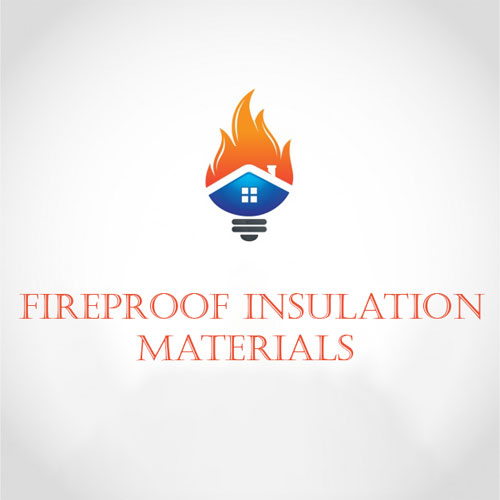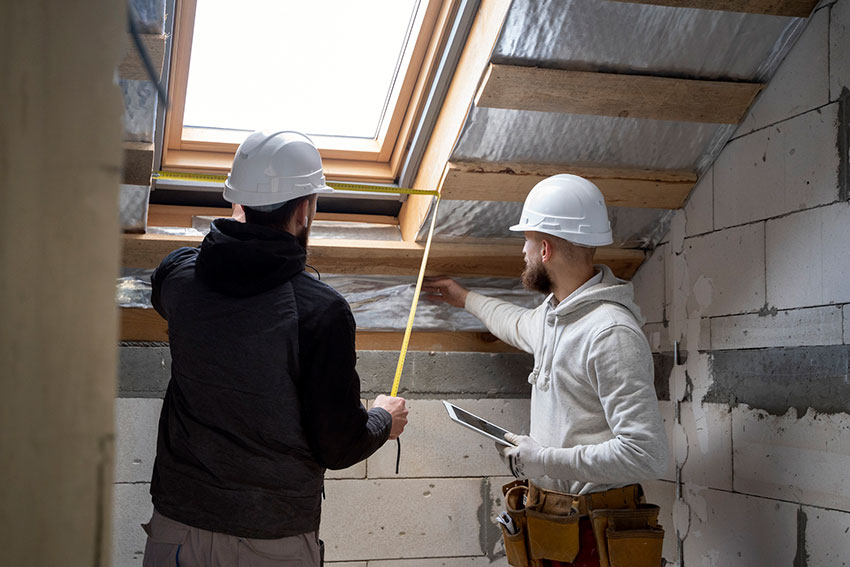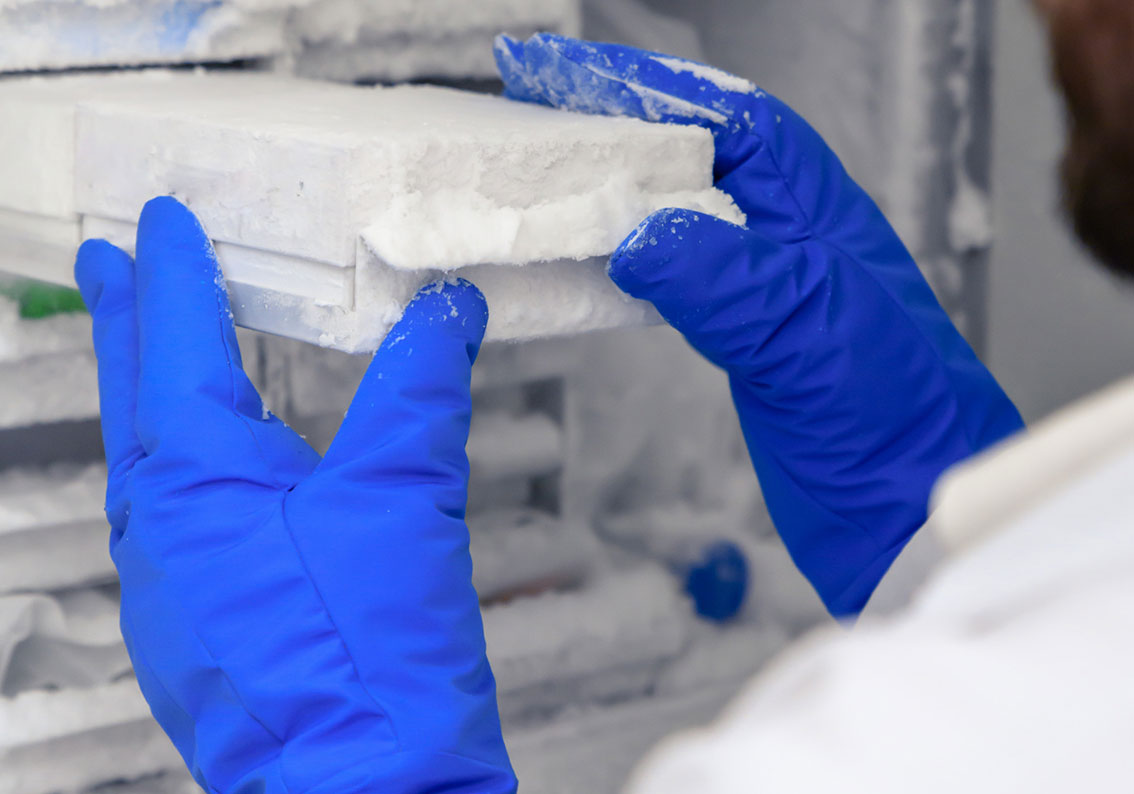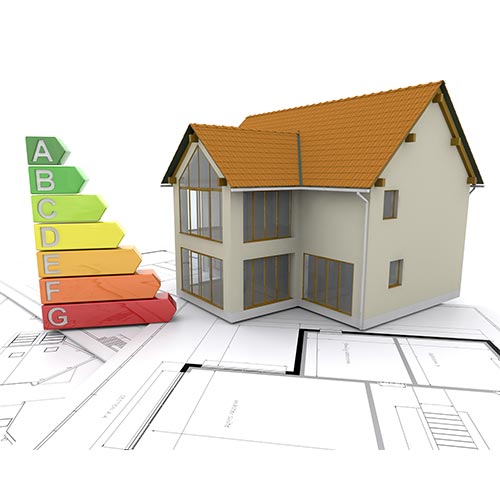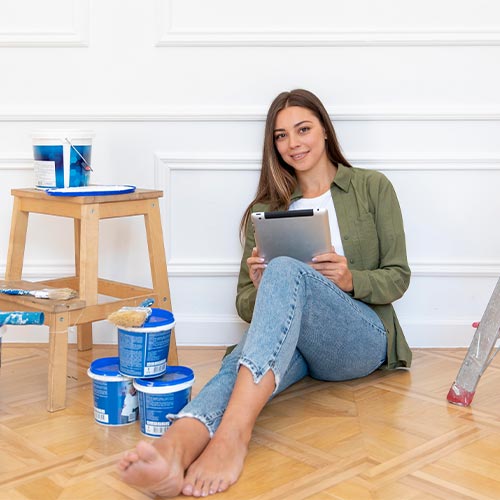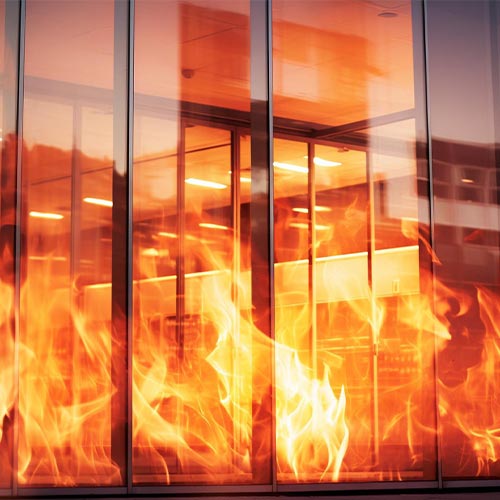Best Fireproof Insulation Materials for Homes
Fire safety is one of the most crucial considerations for homeowners, and choosing the right fireproof insulation materials can significantly enhance the safety and durability of a house. Fires can start unexpectedly and spread rapidly, causing devastating damage. This is why selecting high-quality fireproof insulation materials is essential for safeguarding your home and loved ones.
There are various fireproof insulation materials available on the market today, each offering different levels of protection against heat and flames. Some of the most effective fireproof insulation materials include mineral wool, fiberglass, foam boards, and spray foam insulation. These materials are designed to resist fire, slow down its spread, and provide valuable time for evacuation or firefighting efforts.
When looking for fireproof insulation materials, it is essential to consider factors such as fire resistance rating, durability, and environmental impact. Proper insulation not only protects your home from fire hazards but also improves energy efficiency, reducing heating and cooling costs. Investing in fireproof insulation materials ensures that your home remains secure and comfortable while adhering to safety regulations and standards.
The importance of fire-resistant insulation cannot be overstated, as it serves as a barrier that prevents fire from spreading through walls, ceilings, and floors. Using fireproof insulation materials is a proactive step toward fire prevention, making homes safer and more resilient against unexpected fire incidents. Whether building a new home or upgrading an existing one, integrating fireproof insulation materials is a smart and responsible choice.
In this article, we will explore the best fireproof insulation materials for homes, their features, benefits, and considerations for installation. We will also discuss why fire-resistant insulation is a must-have for any modern home and how it contributes to overall safety and efficiency.
Transform Your Space with BUILPIRE – Book Your Consultation Today!
Best Fireproof Insulation Materials for Homes
1. Mineral Wool Insulation
Mineral wool, also known as rock wool or slag wool, is one of the best fireproof insulation materials available. It is made from natural minerals such as basalt or industrial byproducts like steel slag. Mineral wool has excellent fire resistance, withstanding temperatures up to 1,800°F (982°C). Its key benefits include:
- Non-combustible properties
- Soundproofing capabilities
- Resistance to mold and moisture
- High thermal efficiency
- Easy installation and long lifespan
- Environmentally friendly composition
2. Fiberglass Insulation
Fiberglass insulation is another widely used fireproof insulation material. Made from fine glass fibers, it is naturally fire-resistant and does not burn easily. However, the paper backing sometimes used in fiberglass batt insulation can be combustible. Key features of fiberglass insulation include:
- Non-flammable core material
- Lightweight and easy to install
- Energy efficiency improvement
- Cost-effectiveness
- Can be used in walls, attics, and floors
- Provides excellent soundproofing
3. Foam Board Insulation
Foam board insulation, particularly polyisocyanurate (PIR) and extruded polystyrene (XPS), provides excellent fire resistance. These materials are treated with fire retardants to enhance their performance. Benefits include:
- High insulation value per inch
- Moisture resistance
- Structural integrity support
- Fire-retardant treatment for enhanced safety
- High durability and long-term performance
- Versatile use in various applications
4. Spray Foam Insulation
Spray foam insulation, particularly closed-cell types, offers significant fire resistance when treated with fire-retardant chemicals. It creates an airtight seal, preventing fire from spreading through gaps and crevices. Key advantages include:
- High R-value for thermal insulation
- Air sealing capabilities
- Enhanced fire resistance with added retardants
- Moisture and mold resistance
- Helps reduce energy costs significantly
- Expands to fill gaps, creating an effective barrier
5. Cellulose Insulation
Cellulose insulation, made from recycled paper products, is treated with fire-retardant chemicals like boric acid to enhance its fire resistance. While it is not entirely fireproof, it significantly slows the spread of flames. Benefits include:
- Eco-friendly composition
- Affordable and readily available
- Fire-retardant treatment for improved safety
- High thermal performance
- Biodegradable and sustainable choice
- Can be applied as loose-fill or dense-packed
Why Choose Fireproof Insulation for Your Home?
Fireproof insulation materials offer numerous advantages beyond fire resistance. They improve energy efficiency, enhance indoor air quality, and provide soundproofing benefits. Choosing high-quality fire-resistant insulation reduces risks and ensures a safer living environment. Additionally, many fireproof insulation options contribute to environmental sustainability, reducing the carbon footprint of a home.
Builpire: Your Partner in Home Renovation and Fireproofing Solutions
At Builpire, we understand the importance of safety and high-quality materials in home renovations. Our expert team specializes in designing and implementing the best fireproof insulation solutions tailored to your needs. Whether you’re looking to upgrade your existing insulation or build a fire-resistant home from scratch, Builpire offers top-notch services and premium fireproof insulation materials. Contact us today to ensure your home remains secure and energy-efficient.
For more ideas and guidance, follow us on Instagram.
Frequently Asked Questions (FAQs)
1. What are the best fireproof insulation materials for homes?
The best fireproof insulation materials include mineral wool, fiberglass, foam boards, spray foam, and fire-retardant-treated cellulose. Each material offers different levels of fire resistance, insulation performance, and cost-effectiveness. Mineral wool provides the highest fire resistance, while fiberglass and foam boards offer excellent insulation and affordability.
2. Is fiberglass insulation completely fireproof?
Fiberglass insulation is naturally non-combustible, meaning it does not catch fire. However, the paper backing on some fiberglass batt insulation can be flammable. It is essential to choose fire-rated fiberglass insulation for maximum safety. Additionally, proper installation and sealing can enhance its fire-resistant properties.
3. How does mineral wool insulation prevent fire spread?
Mineral wool insulation is made from non-combustible materials like basalt and slag, which can withstand extremely high temperatures. It acts as a fire barrier by slowing the spread of flames and reducing heat transfer. Additionally, mineral wool retains its structural integrity during a fire, providing extra protection for walls and ceilings.
4. Can spray foam insulation be fireproof?
Spray foam insulation is not inherently fireproof, but closed-cell spray foam can be treated with fire-retardant chemicals to enhance its fire resistance. It also seals gaps and air leaks, which can prevent fire from spreading. However, it is recommended to use additional fire-resistant barriers when applying spray foam insulation in high-risk areas.
5. What factors should I consider when choosing fireproof insulation?
When selecting fireproof insulation materials, consider the following factors:
- Fire Resistance Rating: Check the fireproof rating of the material to determine its effectiveness in preventing fire spread.
- Thermal Performance: Look for insulation materials with high R-values to improve energy efficiency.
- Moisture Resistance: Ensure the insulation resists moisture to prevent mold and mildew growth.
- Ease of Installation: Some insulation types are easier to install than others.
- Environmental Impact: Choose sustainable options that have a lower environmental footprint.
Consulting professionals like Builpire can help you choose the best option for your home, ensuring maximum safety and efficiency.

